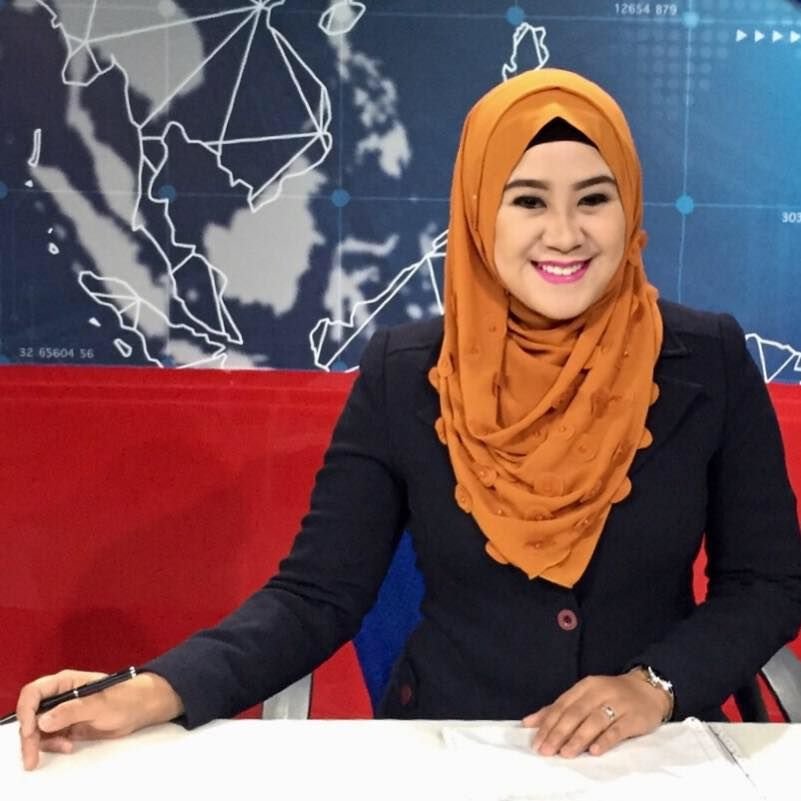MANILA —Educating non-Muslims about Muslims and Islam is necessary to correct public perception that the root cause of terrorism should be blamed on one religion, a Marawi City resident and news anchor has said.
Princess Habibah Sarip-Paudac, a Marawi resident and news anchor for PTV-4, made this call during the “Extremism and Martial Law Forum” aired on the People’s Television Network (PTV4) Friday night.
“We should help educate non-Muslims about Muslims,” said Sarip-Paudac.
An emotional Sarip-Paudac said that the ongoing conflict in her city prevented most Marawi residents, including herself, from being with the family as the Muslim community observed the holy month of Ramadhan.
“It’s just so hard for us to welcome Ramadhan this way,” she said, noting how instead of hearing the usual call to prayer, residents would instead hear gunshots.
In the same forum, University of the Philippines (UP) Political Science Professor Ranjit Rye said terrorism and violent extremism had little to do with religion.
“For most Muslims in the world, Islam is practiced as an honorable and peaceful religion. What we’re talking about are fringes. Extremism exists in all religions. The global challenge is how we contain this ideological perspective,” Rye said.
In differentiating extremism from terrorism, political analyst Ramon Casiple said extremism showed that it was possible for people to have extreme views without violence.
“You hold extreme views but without violence. When it becomes violent, that’s when you can say there is terrorism. What is being talked about doesn’t have anything to do with Islam, actually. But it has become the vehicle,” Casiple said.
Rye also stressed how extremism affected everyday life as it did not believe in co-existence.
“It doesn’t believe in cooperation, tolerance and dialogue. Its basic goal is domination that’s why you cannot contain it, you have to defeat it,” Rye said.
He also pointed out that this was a challenge not only in the Philippines but worldwide and that the solution required more than just force.
“It has been a challenge that has been with us as a nation and globally, it’s a long-standing challenge that all countries have now. Do we only use a strategy of force to deal with it? Obviously not. Once we accept that there is a deeper reason for this radicalization— the sources are historical, global injustices to our Muslim brothers and sisters—once we see the roots, that’s where we find the solution. The solution should also be radical, beyond the use of force,” he added.
He, meanwhile, acknowledged the declaration of martial law as a “short-term remedy” to the Marawi strife but expressed hope that the root causes of extremism would be dealt with.
President Rodrigo Duterte placed the entire Mindanao island under martial law for 60 days to suppress terrorist groups from wreaking further havoc in Southern Philippines. (ANP/PNA)#DefendRepublic



